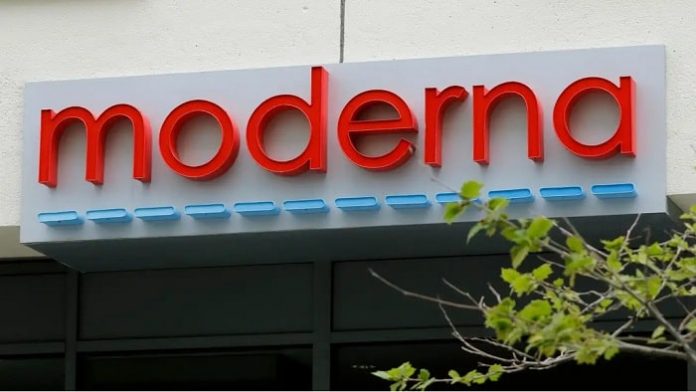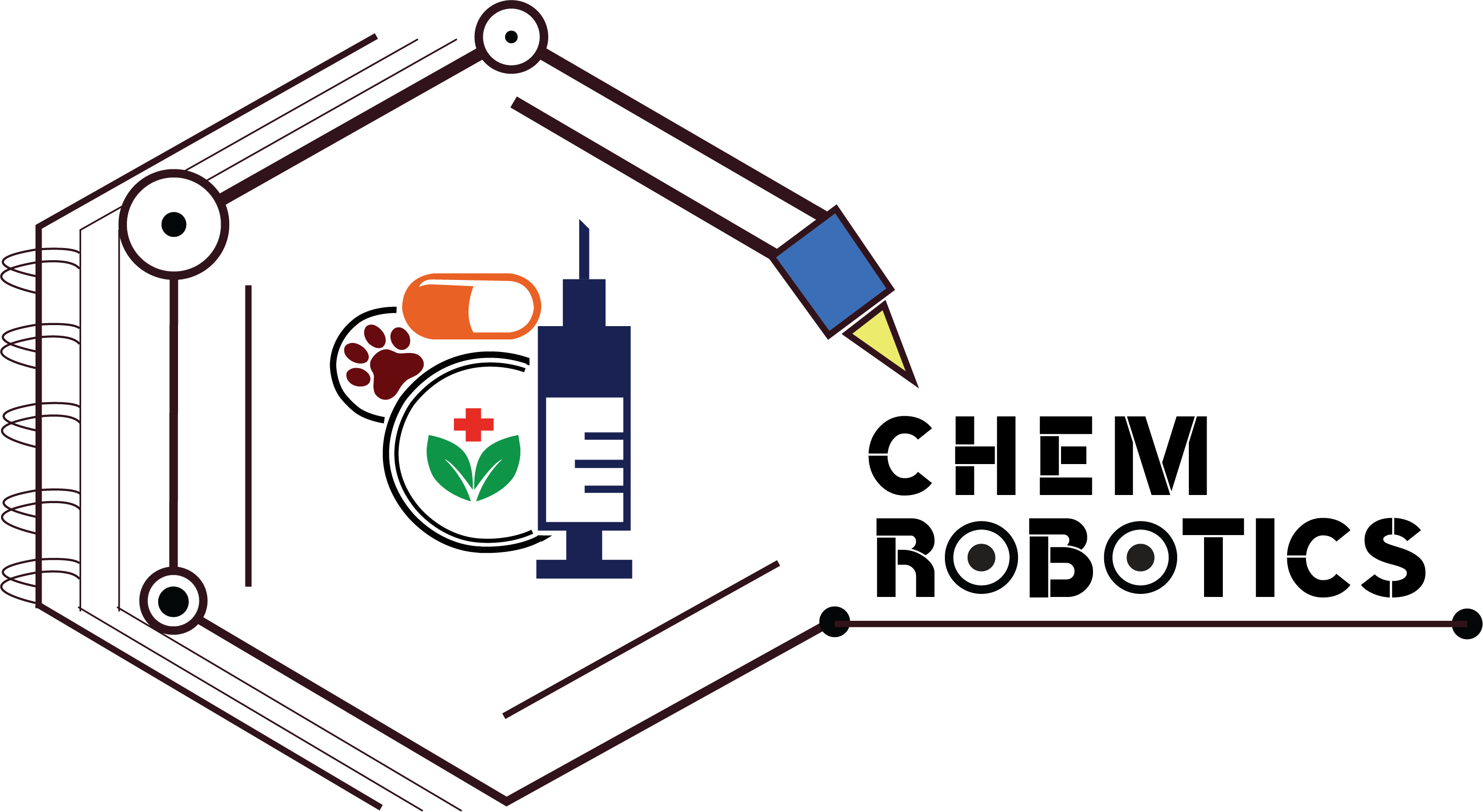Summary :
Moderna is poised to begin Phase III of its pivotal clinical trial for its candidate vaccine for respiratory syncytial virus (RSV) in adults ages 60 years and up.

Moderna
The Data and Safety Monitoring Board (DSMB) endorsed the use of mRNA-1345 for the Phase III ConquerRSV study following positive preliminary Phase II data that demonstrates the vaccine’s safety profile at a selected dose. MRNA-1345 works against RSV encoding for a prefusion F glycoprotein, which creates a higher neutralizing antibody response than the postfusion state. The vaccine contains optimized protein and codon sequences and uses the same lipid nanoparticle (LNP) as Moderna’s COVID-19 vaccine.
RSV is a common respiratory virus that presents like a cold. Most of those who contract it recover in one to two weeks, but it can turn out to be serious in young children and older adults. If left unaddressed, RSV could lead to severe illness, such as respiratory distress and pneumonia. The virus causes around 177,000 hospitalizations and 14,000 deaths among adults aged 65 years and up in the U.S. alone — translating to medical costs of $3 billion per year.
“We believe that our vaccine candidate against RSV has the potential to protect against over 1 million infections globally each year, improving quality of life for those at high risk of becoming infected and reducing the burden on health care systems. An mRNA vaccine against RSV could have a positive impact on individuals, communities, and global public health. Our ultimate goal is to combine our RSV vaccine with our COVID-19 and flu boosters into a single-dose booster,” commented Stéphane Bancel, chief executive officer of Moderna, in a statement.
In preclinical studies, Moderna observed that its RSV, COVID-19 and seasonal flu booster vaccines may be combined into one dose to help build an immune response that can address six antigens.
MRNA-135 has a Fast Track designation in adults over 60 years old. For the ConquerRSV trial, Moderna expects to enroll around 34,000 participants. To be eligible for the trial, participants should be at least 60 years old, in good health, and primarily responsible for self-care. Those with certain chronic diseases like chronic pulmonary disease and heart failure may be allowed to join.
The study is expected to last for around 25 months and covers eight trial visits and 20 brief communications via email, text message, or phone call. Participants will be given one injection in the upper arm at the beginning of the study in a randomized fashion, with 50% receiving the vaccine and the remaining 50% receiving a placebo.
News of the ConquerRSV study comes just a few days after Moderna added three new development programs to its mRNA pipeline, namely mRNA-1608 for Herpes simplex virus (HSV), mRNA-1468 for varicella-zoster virus (VZV) (to reduce the rate of herpes zoster or shingles) and mRNA-4359 — a new checkpoint cancer vaccine. The company now has five vaccine candidates in development against latent viruses, including one against the Epstein-Barr virus, the cytomegalovirus (CMV), the human immunodeficiency virus (HIV), HSV and VZV.
“We are pleased to announce these new development programs, which reflect the continued productivity of our platform and the potential of our mRNA technology to impact the lives of hundreds of millions of people. We are committed to addressing latent viruses with the goal of preventing the lifelong medical conditions that they cause with our mRNA vaccine programs,” said Bancel in an earlier press release.

